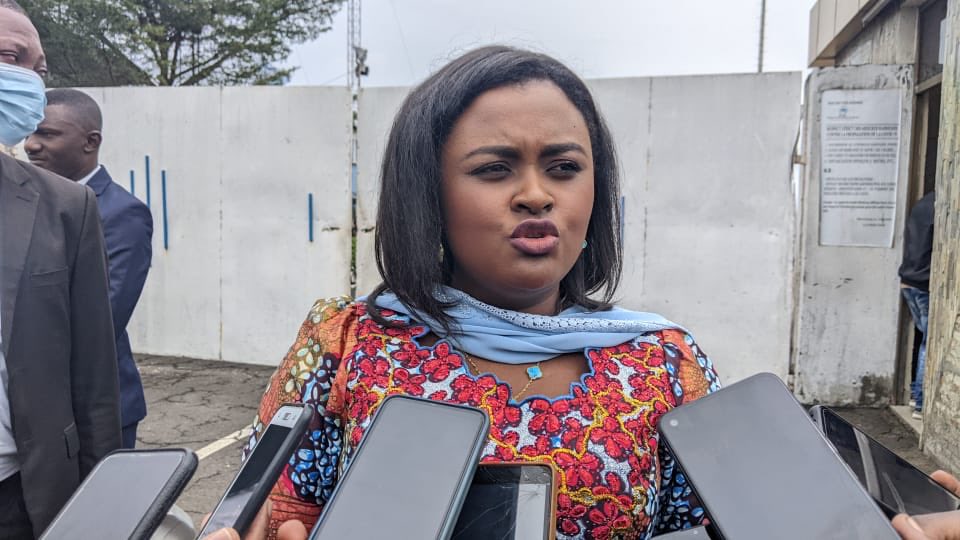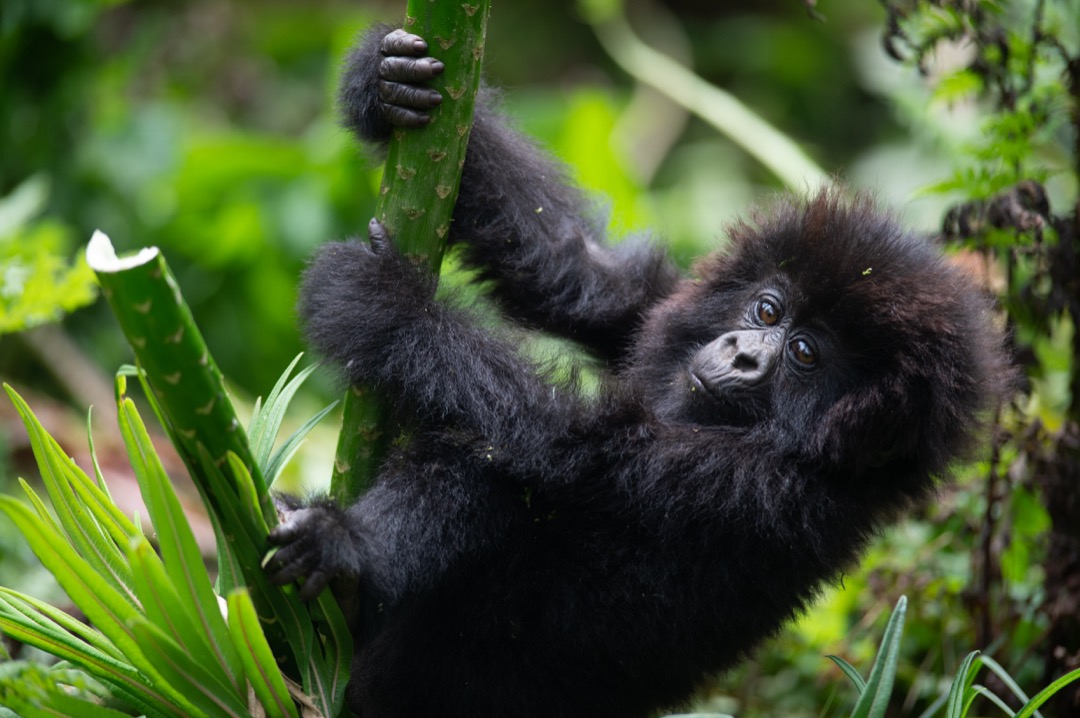Regional
Rwanda Uganda talks resumed: What could it mean?
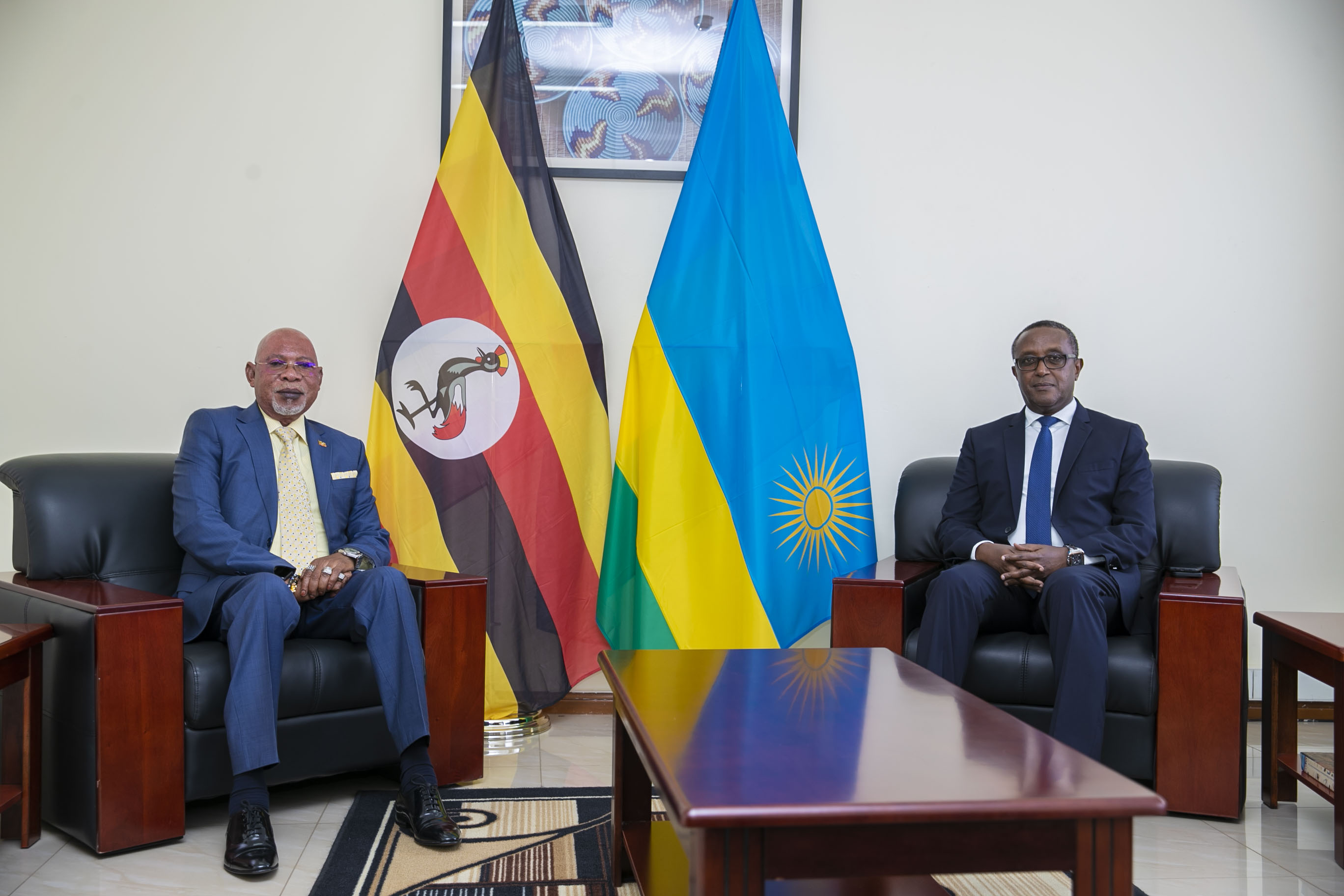
Minister Vincent Biruta received Hon. Gen. Odongo Jeje Abubakhar, the Minister of Uganda’s foreign affairs Minister on 1st Sept 2022.
On
September 1, the Rwandan Minister of Foreign Affairs and International
Cooperation, Dr Vincent Biruta, received his Ugandan counterpart, Gen Jeje Odongo,
in Kigali.
According
to a joint communiqué issued later, the two ministers held bilateral diplomatic
and political consultations, as a continuation of the commitment of their
respective countries Heads of States to further deepen and strengthen cordial
bilateral relations.
“Both
Ministers acknowledged the ongoing progress made so far to normalize bilateral
relations. They reiterated their commitment to focus efforts on the mutual
regional security and development issues that impact on the socio-economic
welfare of the two countries” the statement read.
Dr Biruta
and Gen Odongo expressed gratitude for the steps taken, so far, to renew good
and cordial relations between the two sister countries and remain committed to
see the people of both countries enjoying the full benefits of the cordial
relations.
For
more than four years, relations between Rwanda and Uganda had strained.
Following a number of grievances by the former which the latter failed to
address. The issues included Uganda’s support to terror groups like the Rwanda
National Congress (RNC), and remnants of the genocidal army, FDLR and RUD-Urunana.
Between
2017 and 2021 hundreds of Rwandans were abducted and tortured by Ugandan
security officials – mainly the Chieftaincy of Military Intelligence under
orders of former CMI chief Maj Gen Abel Kandiho, on allegations that they were
spies. Some lost their lives in prisons, which prompted Rwanda to close its
borders to protect its citizens.
In
August 2019, President Paul Kagame and President Yoweri Museveni signed the
Luanda Memorandum of Understanding in Angola. The two countries agreed to
respect each other’s sovereignty, refrain from actions that destabilize the
other’s territory, and resume “as soon as possible” cross-border activities.
Another
Quadripartite Heads of State Summit, met at the Gatuna border in February,
2020, bringing together Kagame, Museveni, Angolan President João Lourenço and
Félix Tshisekedi of the Democratic Republic of Congo (DRC). There was no
tangible outcome in regard to normalizing relations between the two countries.
However,
in January 2022 Lt Gen Muhoozi Kainerugaba, Senior Presidential Adviser on
Special Operations and Commander of Land Forces of the Uganda People’s Defence
Forces (UPDF) visited
Rwanda. His visit was followed by the re-opening
of the Gatuna/Katuna land borders between the two countries. There was
hope.
What’s next?
Like
the re-opening of the borders, these renewed talks create confidence that
tensions between the two countries are subsiding. This raises hope for Ugandans
and Rwandans that the relations that were frosty in the past are being amended.
Bilateral
trade which had stalled because of the countries’ ‘cold war’ should be expected to improve after the re-opening of their
common land border, and easing of Covid-19 restrictions.
Rwanda needs Uganda. And Uganda needs Rwanda. The
return to normalcy will be a positive for both countries.
According
to Uganda’s Ministry of Trade, Uganda lost over $200 million in export earnings
to Rwanda because of the border closure, leaving a major dent since formal
exports to Rwanda averaged $16.6 million monthly
in 2019.
Rwanda too being a landlocked country depended
on the Northern Corridor route for trade using the Mombasa port. However, during
the period of bad blood, Rwanda mainly depended on the port of Dar es Salaam
for much of her inbound and outbound cargo, through what is commonly known as
the Central Corridor.
The return
of good and cordial relations could see the revival of stalled projects like
the import, by Rwanda, of 400MW of electricity from Ethiopia and 30MW from
Kenya, both through Uganda. The move aims at increasing electricity supply in
the country, especially for industrial use.
Rwanda
could also see the revival of projects agreed upon under the Northern Corridor
Projects Initiative (NCPI). Most important is the extension of the Standard
Gauge Railway (SGR) from Kampala to Kigali. Uganda had, without courtesy, ubruptltly
shifted its priority to “a more economically viable line” - South Sudan, first.
Most
importantly, the security and stability of the region will be enhanced by good
neighborliness, which will improve other bilateral issues and free movement of
goods and people in accordance with the East African Community Treaty and
relevant protocols.


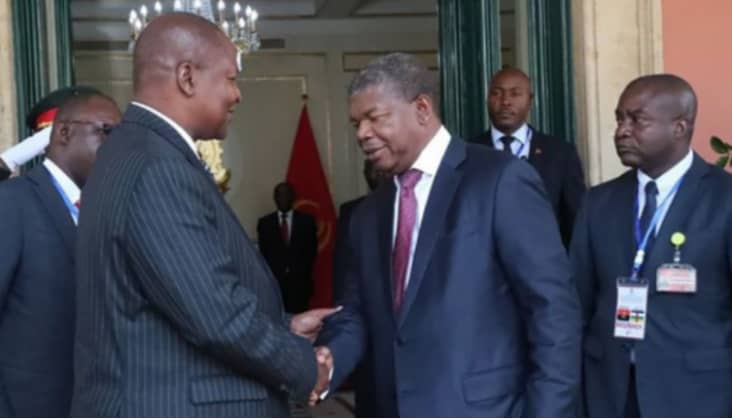
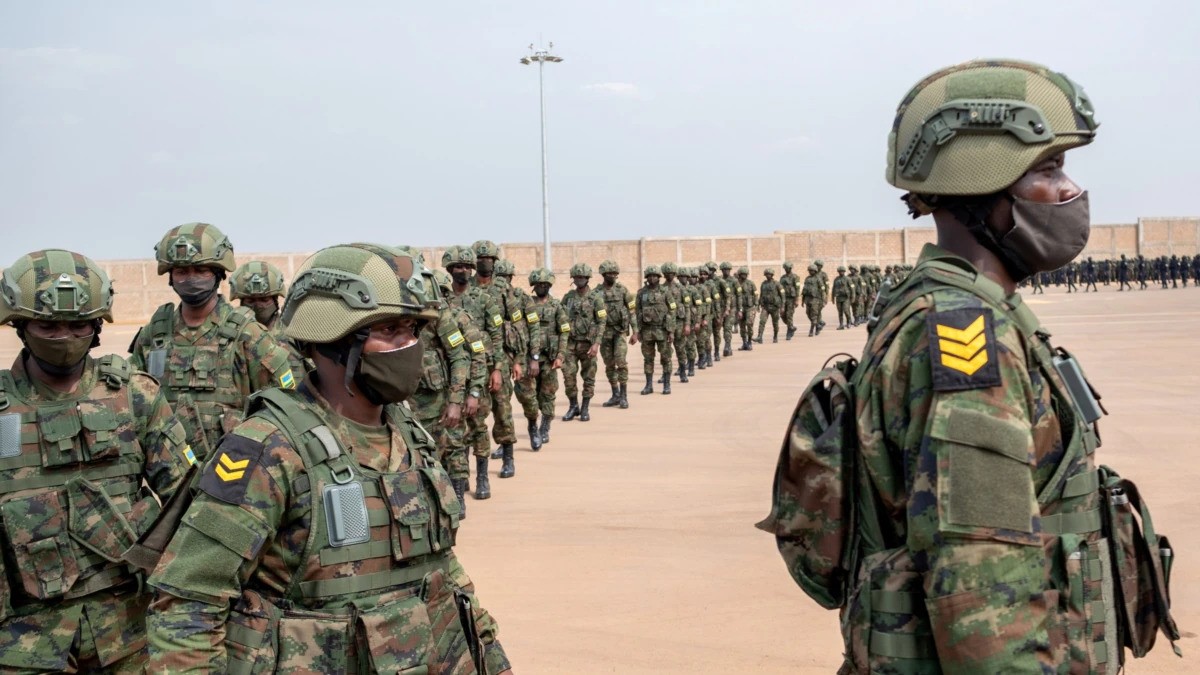
.jpg-20220901012416000000.jpg)
